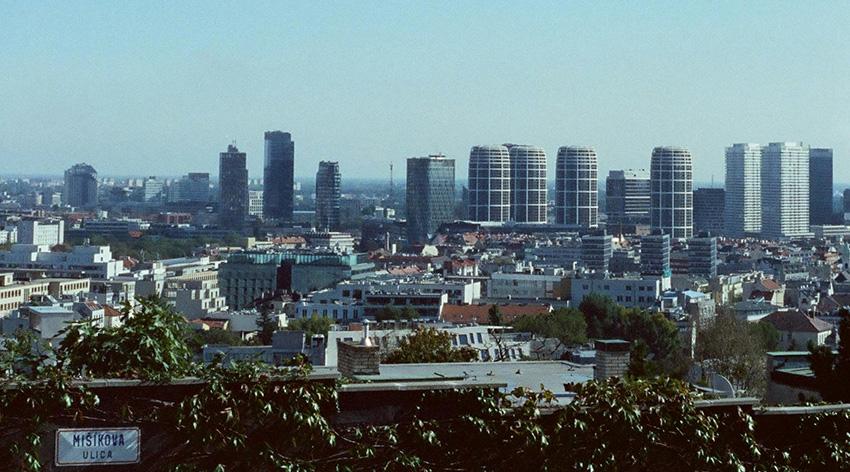Bratislava’s Office Market: Limited Supply, High Demand, and a Shifting Landscape
Bratislava’s office market entered 2025 with a dynamic yet challenging environment, shaped by limited new supply and sustained demand for high-quality office spaces. Industry reports indicate that the city is experiencing one of its lowest levels of new office supply in years, a trend that began in 2024 and is expected to continue through 2025. Developers remain cautious in launching new projects, largely due to economic uncertainties, changing workplace trends, and regulatory hurdles. As a result, businesses seeking premium office space in Bratislava face tightening availability and rising rents, while older and secondary office spaces struggle to attract tenants.
The slowdown in new office developments has been driven by a combination of economic and market factors. Rising construction costs, stricter environmental regulations, and shifts in corporate workspace preferences have made developers more selective in their projects. While several high-profile office developments were completed in recent years, the pipeline for new projects in 2025 remains thin, contributing to a supply-demand imbalance in the market.
According to property analysts, the current lack of speculative office construction could exacerbate competition for prime office space, especially in the city center and well-connected business districts. Some developers are taking a wait-and-see approach, focusing on pre-leased projects rather than speculative developments, to mitigate financial risks.
Despite limited new supply, demand for premium office spaces remains strong, particularly in A+ grade buildings. Large multinational corporations, financial institutions, and IT firms are driving this demand, prioritizing modern, energy-efficient buildings with top-tier amenities and strong sustainability credentials.
The emphasis on high-quality office space has resulted in lower vacancy rates in premium office buildings, while older office stock, particularly in less central locations, is seeing higher vacancies and downward pressure on rental prices. Companies are willing to pay premium rents for modern workspaces that align with sustainability standards, flexible office layouts, and employee well-being features.
This shift in corporate real estate preferences reflects broader trends in workplace strategies, where businesses seek offices that support hybrid working models, provide collaborative spaces, and enhance employee retention. Demand for green-certified buildings with advanced air filtration, natural lighting, and wellness-oriented designs has increased, as companies place greater emphasis on ESG (Environmental, Social, and Governance) considerations in their leasing decisions.
Looking ahead, Bratislava’s office market is expected to undergo significant transformations as developers and investors adjust to new market realities. With strong corporate demand for premium spaces but limited supply, the market could see an uptick in refurbishment projects aimed at upgrading older office buildings to meet modern workplace standards.
In the absence of major new developments, landlords of secondary office spaces may need to invest in renovations to stay competitive. Office buildings that fail to adapt to evolving tenant expectations risk higher vacancy rates and longer lease negotiation periods.
Market analysts suggest that the office sector in Bratislava remains resilient, but strategic investments and targeted developments will be necessary to maintain growth. With ESG standards becoming increasingly important, future office projects will likely focus on energy efficiency, flexible workspaces, and enhanced digital infrastructure.
As of January 2025, Bratislava’s office market is characterized by limited new supply and strong demand for high-quality office spaces. While this has resulted in higher rents and lower vacancies in premium office buildings, the oversupply of older, secondary office spaces remains a challenge.
Moving forward, the office sector in Bratislava will continue to evolve, with a greater focus on sustainable developments, modern workspace solutions, and adaptive reuse of older buildings. Investors, landlords, and tenants will need to navigate these shifting dynamics, ensuring that Bratislava remains a competitive and attractive business destination in the years ahead.









